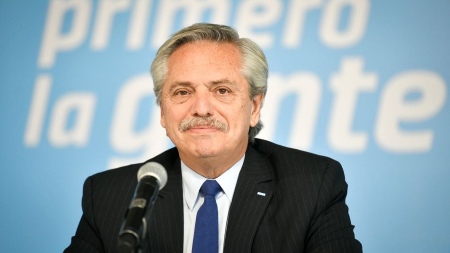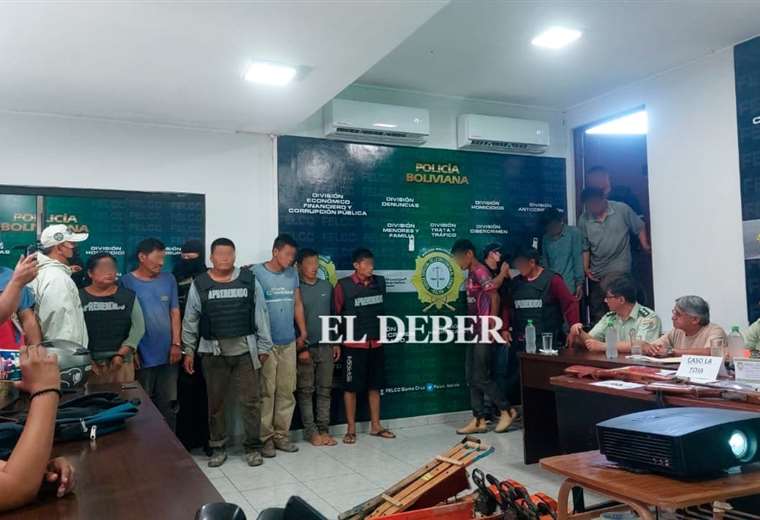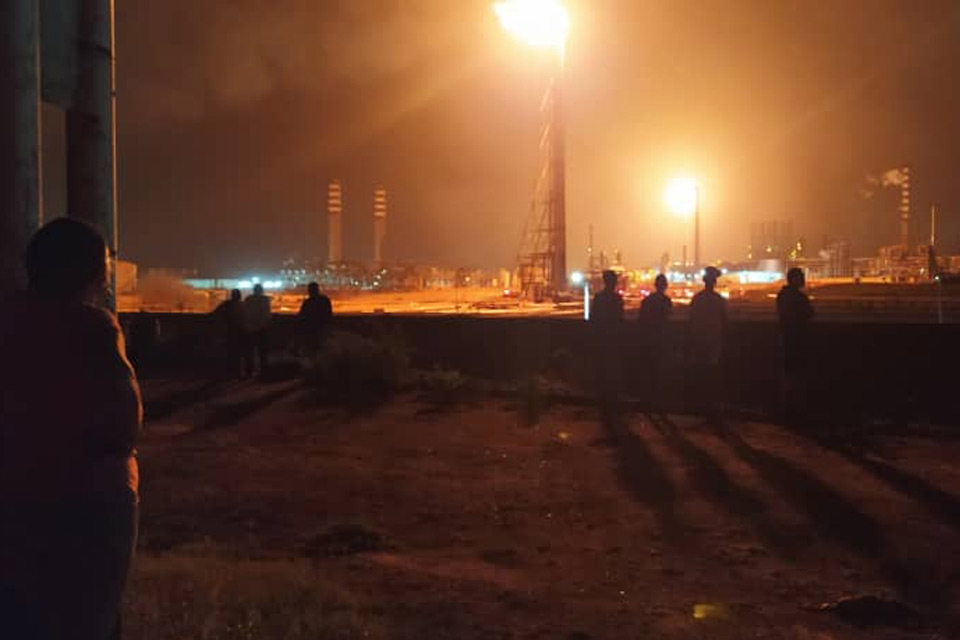The year in office of President Alberto Fernández concludes with the ruling of the Supreme Court that issued a precautionary measure for the national government to allocate 2.95% of the volume of co-participating taxes to the city of Buenos Aireswhich updated the inconclusive and constitutive discussion of Argentine history between federalism and Buenos Aires centralism.
This ruling not only harms compliance with the items of the 2023 Budget, approved last November in Congress, but also the President himself, due to the criminal complaints and the request for impeachment by some sectors of the opposition, after the president decided to challenge the members of the Court and submit a request for revocation “in extremis” of the precautionary resolution issued.
The 2022 post-pandemic agenda and the challenges
Beyond this episode, Fernández worked this year in the post-pandemic agenda, which included changes in the cabinet, with the incorporation of Sergio Massa in the Ministry of Economy; the reconversion of social plans for genuine employment; and the challenges for the last year of governmentbased especially on the fight against inflation and the recovery of wages.
Massa, who took office on August 3, raised in November the idea of lowering inflation to around 3% by April, at a rate of a decrease of half a point per month.
Last month, Fernández held a bilateral meeting with his Chinese counterpart, Xi Jinping, in the framework of the G20 Summit in Baliwhere he obtained the authorization of the “Asian giant” so that Argentina has 5,000 million dollars as part of the Swap mechanism for any type of commercial use, which will go to the reserves of the Central Bank for the strengthening of the currency, fundamental to reorganize the economy in this fight against inflation.
on that tour the President also obtained the endorsement of the managing director of the International Monetary Fund (IMF)Kristalina Georgieva, who told him that it is very important for Argentina to maintain the economic course “as it has done successfully” in recent months, and the need to continue working to lower inflation.
Salary recovery is directly related to inflation. Indeed, according to the latest data available from the National Institute of Statistics and Censuses (Indec), the salary index registered an increase of 6.7% in Septemberfive tenths above the inflation rate of 6.2% for that month.

And on the 22nd of last month, the Council of the Minimum, Vital and Mobile Wage, made up of the General Confederation of Labor (CGT), the Central de Trabajadores de Argentina (CTA) and the business chambers, determined a rise of 20% in four sections to reach a rise of 110% year-on-year in March.
This will impact retirements, the Universal Child Allowance (AUH) and all those variables that, by different laws, are tied to the minimum wage.
Cabinet changes
In addition to Massa, on October 10 they landed in the cabinet Victoria Toulouse Peace as Minister of Social Development; Ayelen Mazzina as head of the Women, Gender and Diversity portfolio; Y Raquel “Kelly” Kismer de Olmos as Minister of Labor.
Tolosa Paz replaced Juan Zabaleta, who returned to the Hurlingham administration; Mazzina entered in place of Elizabeth Gómez Alcorta, who resigned after questioning the operation by federal forces carried out by court order to evict the Mapuche community Lafken Winkul Mapu from land they occupied in Villa Mascardi, and where seven women were detained; and Olmos succeeded Claudio Moroni, who left office for personal reasons.
November 1st, santiago maggiotti took over Territorial Development and Habitat, replacing the resigning Jorge Ferraresi, who returned to the Avellaneda mayor.
And the 30th of the same month Diego Giuliano assumed in Transportation to occupy the position of Alexis Guerrera, who resigned due to health problems.

genuine employment
Regarding the social plans, on November 3 last the President signed a decree to advance in the process of linking this assistance with genuine employmentand as of the entry into force of this measure, no new registrations were granted in the Potenciar Trabajo, Potenciar Inclusion Joven, Nexo and Plus Esencial programs.
The decree “It puts a roof on the people of Potenciar Trabajo”which is 1,350,000 beneficiaries, as indicated by Tolosa Paz in the announcement, and anticipated that there will be some 10,000 monthly withdrawals, the amounts of which will go to “the acquisition of machines and tools for the production of goods and services” for the recipients of the plan , or also for the “educational offer and job training”.

In front of the Celac
Fernández was also this year as president pro tempore of the Community of Latin American and Caribbean States (Celac), which on January 24 it will have its Leaders Summit in Buenos Aires and will meet at the San Martín Palace of the Chancellery.
There, the president will deliver the balance of his year in office and will finish his term, and “the re-election is not being worked on,” government sources told Télam.
“In any case, in this area, it will have to be resolved how and who will lead Celac during 2023,” they added.
As president pro tempore of that body, had an interesting intervention in the so-called “Meeting on Venezuela” with his peers from France, Emmanuel Macron; and from Colombia, Gustavo Petro; within the framework of the 5th Paris Peace Forum, held on November 11 and 12 in the French capital.
There, the Bolivarian Republic of Venezuela agreed to return to the political dialogue between the ruling party and the opposition, after the support of Fernández, Macron and Petro, to reach a solution in that country, “without intervening” but rather “to bring Venezuelans closer to find a way out”, according to the Argentine president himself at the time.
Negotiations of this type in Venezuela will continue in 2023.

At the head of Mercosur
In return for his possible departure from Celac, Fernández assumed in Montevideo, on December 6, the Pro Tempore Presidency of Mercosur, until June 2023, with the challenge of promoting the development of fair and safe supply chains for the productive and economic complementarity of the countries of the bloc, sources from the Foreign Ministry pointed out.
From this position, Argentina will bet on the importance of incorporating science and technology and give more added value to exportable products.
Besides, will propose an internal and an external agenda: the first is based on topics such as the customs union, a proactive green program, border integration, migration issues, health and education, among others.
The second to find solutions to pending issues with the European Union and negotiations already underway in Canada and Indonesia, in addition to deepening integration in Central America and the Caribbean, to later project itself to Africa.
















